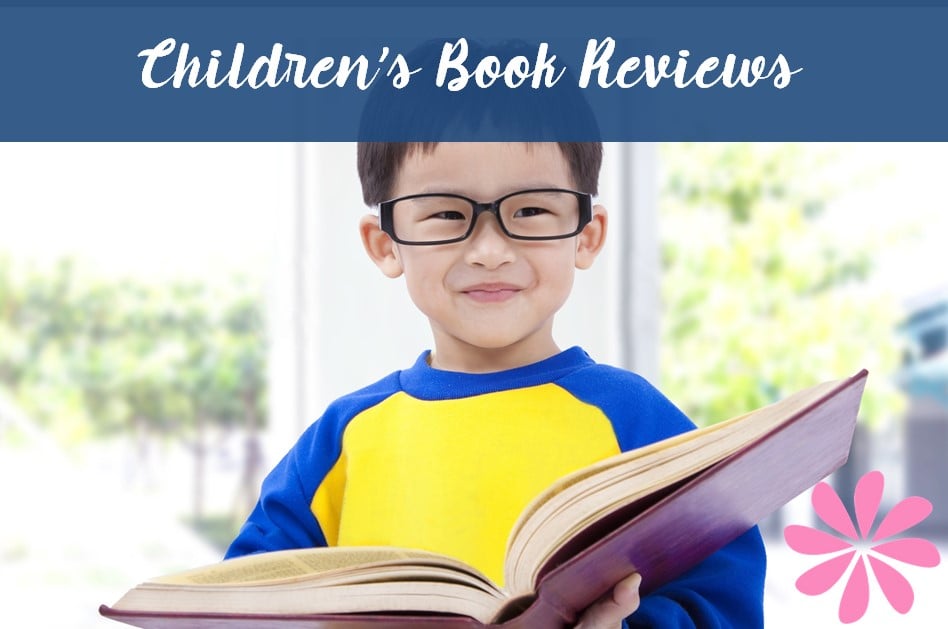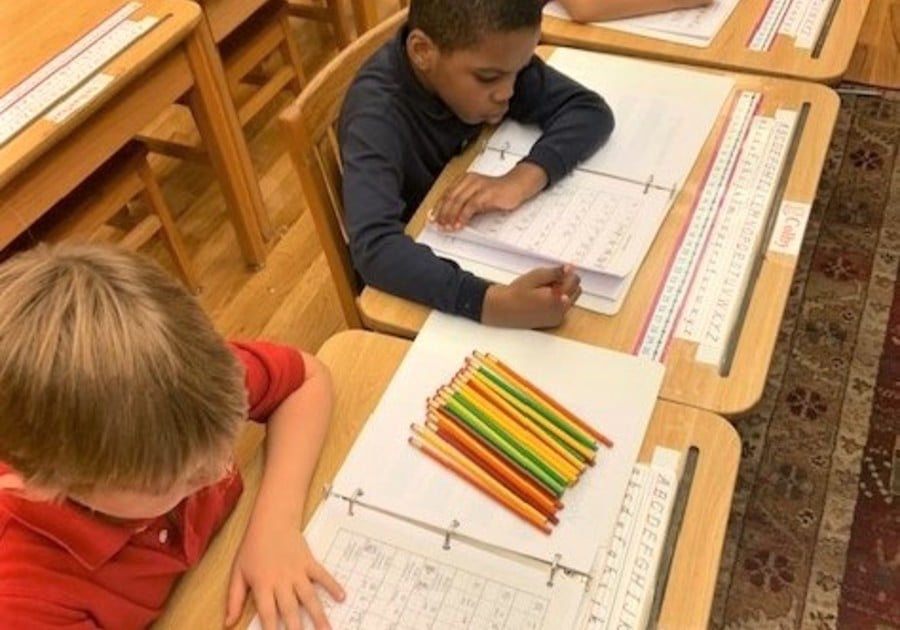Jamie, please tell us a little about yourself and your background.
I grew up in New York and went to St. Bernard’s and Trinity. We didn’t actually have any Mandarin classes until my senior year of high school. No one in my family had studied Mandarin, no one had worked with China and so it was just a “let’s try something new” class but I had a fantastic teacher named Ms. Merrill. The second I learned that in Mandarin there were no verb conjugations, I said, “I’m doing it!” Freshman year of college in Ohio I had another great Mandarin teacher, but I still didn’t think too much of it. I thought I was going to be an English major. Having those two great “back-to-back” teachers totally changed my path.
Then in my junior year, I decided to study abroad in Shanghai. I actually got to play for one of the professional baseball teams in Shanghai which was cool. I took an intensive language immersion program there and then did a follow-up immersion business language program in Beijing. From there, I got a job at Reuters. But I had about four months living back in New York before starting my job at Reuters and I looked but I couldn’t find a tutor at all. And that always stuck at the back of my head. I ended up doing Skype tutoring sessions with a retired lawyer in New Jersey from China. I always knew that there was a need for Mandarin tutors in New York.
When was Manhattan Mandarin created? What was the idea behind building this program?
I worked at Reuters for two years, but I have always had a more entrepreneurial side and decided to go for it. The original strategy was to begin with the after school programs and then move into private lessons. A lot of schools, especially the ones on the Upper East and Upper West, are very traditional and they are not going to teach Mandarin in school anytime soon. Particularly in the boys' schools, there is no Mandarin in *any* of them even to this day and I don’t know why. It’s an uphill battle.
We went to these schools and said that we know that there are parents who want their kids to learn Mandarin, but we also knew that they were not going to implement a Mandarin program anytime soon. So we asked, “Would you let us do an afterschool program?” That’s how we started, building the business school by school and student by student. The Buckley School was the first one that we worked with and now we’re in our seventh year at Buckley.
What is the ideal age group for your classes? How are classes structured?
Our youngest program is for three year olds, and our oldest after school program is for high school students to help them succeed in their high school program. That class actually goes all the way to AP Mandarin for very advanced, hard-working high school kids which is an absolute blast to teach. We try to customize every lesson and that includes every group lesson.
What is your approach to teaching kids who are beginners in Mandarin and those who have grown up learning the language?
In terms of separating the beginners and the “heritage” kids, the more interesting thing is what they have in common. We want to take the heritage kids from “I’ll clean up my room” and “Eat your food” to a more formal use of the language. With the beginners, it’s all about momentum. My college teacher used the analogy of making a snowman out of a tiny snowball. You have to keep pushing it and pushing it, and it gets harder and harder as the snowball gets bigger. We view our teachers’ role as helping to push that snowball along. There is an age cut-off, if you speak the language at home when you’re two or three years old, you’re just going to absorb it and it happens naturally. Any time after that, you have to learn the language or be in an immersion program.
How do you make the classes fun for kids?
The key on both ends of the spectrum is that it has to be fun. If it’s not enjoyable, they are going to do the worst thing you can do with a new language: quit. Everyone can become fluent in Mandarin. It just takes time and effort. But if you quit, it’s over. So we don’t really mind if there are kids that are moving a bit slowly. But if they are enjoying it, they’re going to keep going. And you never know who is going to become the all-star fluent kid. It might not happen until they are in high school or college and you can’t know that when they are six or seven. You just want them to enjoy it and get hooked on learning the language.
How do you vet the teachers?
We have three pools from which we select the teachers: Columbia Teacher’s College, NYU and our program’s alumni group. Teacher’s College and NYU are filled right now with fantastic teachers from China that are trying to teach Mandarin in the US. We get applications each week and are lucky enough to have more teachers applying than we need. From the alumni group channel, we have the ability to hire non-native speakers which is unique. Most other programs only hire native speakers. So we try to match personalities, interests and hobbies so that the child loves learning with that teacher. Some of our teachers have been with us for seven years, seeing those students grow up and become fluent in Mandarin. We learn from parents what kind of teacher their kids like. Some want strict teachers, some want someone who is really into baseball, or history or art.
We do an initial interview, then the potential teacher sits in on 3 to 5 classes or after school programs. They are then assigned a 10-minute portion of the class to teach. And if they are good teachers, we will start slotting them into their own small class and give them more responsibility and larger classes. It’s easy to spot a good teacher first hand.
Tell us more about the school trips you manage.
Now that we’re in our seventh year, we are seeing kids that started with us that are majoring in Mandarin in college. That’s so cool and I feel very proud to have had an effect on their life. Recently, we’ve begun creating group trips to China. This year will be our third year going where we have a spring break trip and a June trip. It’s not full immersion, but we are trying to make it possible for kids to skip a full year of Mandarin after taking a two-week trip. And some of our kids have been able to do that.
They have to be at least high school students to take the trips. It’s great to see kids that have been in the program a few years now that are away from home, on their own in Beijing hutongs (back alley streets lined by courtyard residences) talking to locals in Mandarin.
Are there any books you recommend for early mandarin learners?
I would recommend using an app: Wawayaya. I don’t want to push kids into too much screen time, but this app is basically a reader. It has hundreds of books and you can listen along with it, select words to learn and pick your level of Mandarin. So it keeps up with you as you are learning all year long and can help the parents follow along as well. We use it in a lot of our lessons.
What other skills are kids developing when they are learning a new language?
Anyone can learn Mandarin. You just have to put in the hard work. It has to be a daily activity. Two weeks of hard work and then taking a month break doesn’t do it. One of the things we see happening is the kids learning patience, determination and grit. They see that hard work pay off. Learning the lessons of hard work is one of the other outcomes.
Chinese is interesting though because it’s more musical than most languages because it’s a tonal language. It engages both “halves” of your brain. A lot of studies show that for kids, there is a lot of extra brain development from learning Mandarin as opposed to romance languages which only engage the language centers of the brain. Chinese engages the language and musical centers of the brain.
Learning how to communicate by learning another language is such a great skill to have. Being able to speak with 1.1 billion people who speak Mandarin is an amazing advantage and a life-long skill. You can’t understand the culture if you don’t understand the language and vice versa. Culture and language are very intertwined with thousands of years of culture and stories and sayings.
Related articles:
 |  |  |
Macaroni Kid Lower Manhattan is the family fun go-to source for the latest and most comprehensive information in our area. Subscribe for FREE today.




